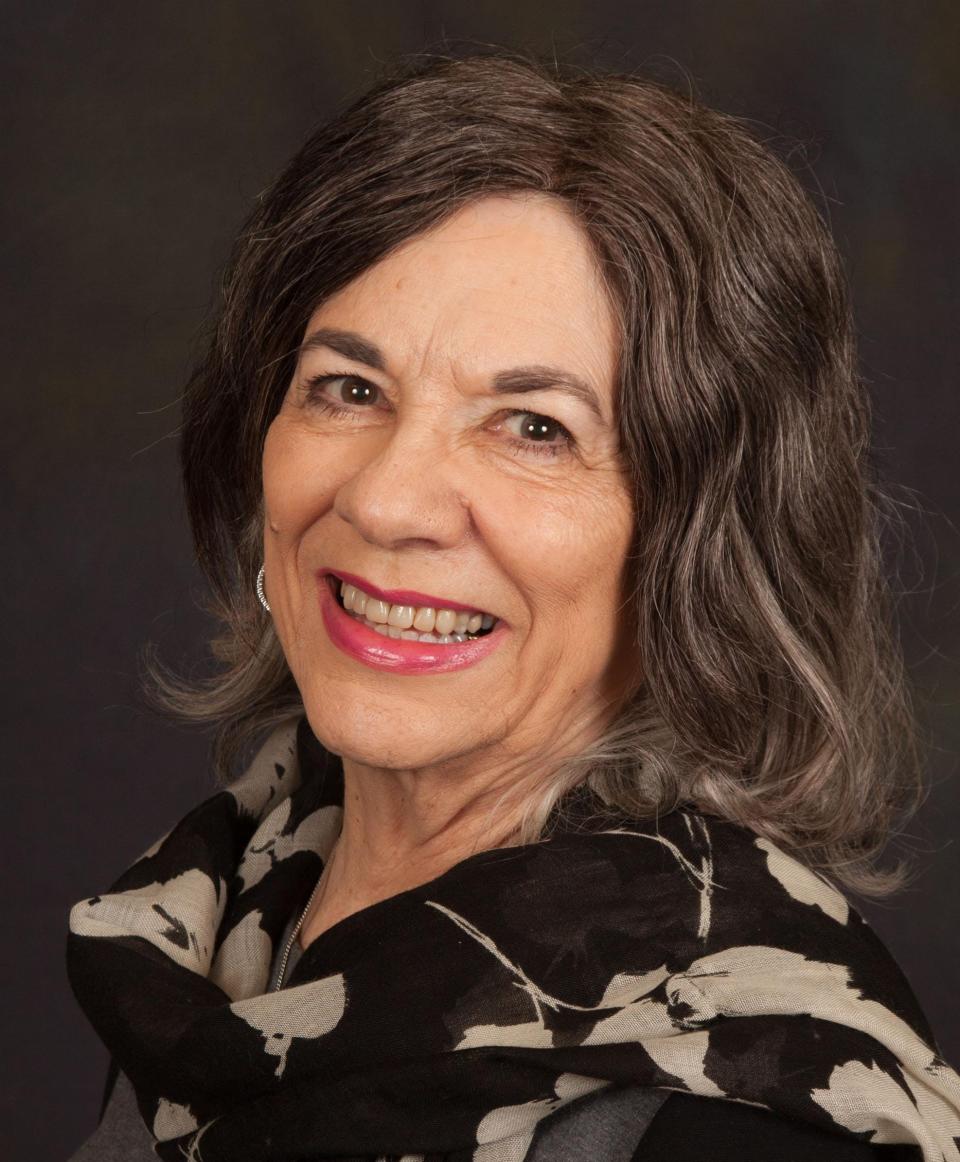Pratt: The complexity of our minds is stunning
Change can be difficult whether we are in the earliest or latest stage of life, but for some of us, change is hard anywhere between.
I wonder, with all the academic searches at universities across the country, has anyone done any research into how the process of change becomes not precedent but continuous reality or maturation of the brain?

Even those of us who seem to welcome change as we mature, seem somewhat uncertain about how and where to draw the line between change as progress versus change as threat to our well-being.
One of the key questions among researchers is not “what is consciousness, but why do we have it?” according to the neuroscience.
Even as researchers learn more and more about how the brain works, one reality still eludes them, the idea of the human “soul” in terms of the workings of our impressively complex consciousness.
A footnote to the lead article in Chapter 4 of “The Brain,” a recent publication of National Geographic: “For centuries, understanding human consciousness was regulated to religion and philosophy. Now, however, with increasingly sophisticated technology at our fingertips, it's considered the final frontier of neuroscience.”
I'm certainly no scientist, but have always been fascinated by the astounding Creation of which humanity is said, according to God's authority, the crowning event of his purpose for all eternity.
Accordingly, it is not this failing physical entity, the body we each occupy that is our final destination, nor the lifetime on this planet we experience that the biblical stories and promises foretell that give hint of a future well beyond human imagination.
It is the illusive soul that whispers of that which calls us to a spiritual, yet physical, Presence beyond our ability to visualize, realize or conceptualize in thought or speech.
Biblical prophets struggled to give voice to the visions they were shown. Little by little, we get a glimpse of human history as knowledge increases, bringing about both great good and great evil. The growing power of a human technology capable of massive destruction gives more and more credibility to what were once dismissed prophetic descriptions of a time when God would call a halt to the world as we know it.
There is an amazing little book titled “Jude,” tucked just in front of the Bible's book of Revelation.
Read it carefully if you are confused to find there are some who masquerade as Christians who find innocent victims within our churches, just as there are foolish Christians who may try to hide such misdeeds to “protect” the church. Be merciful, but do not become a part of their sinful behaviors, Jude warns.
The complexity of our minds is stunning, but more difficult still, is our existence and purpose in what seems an endless possibility of an Eternity far beyond our most imaginative constructions or fleshly capabilities. Yes, we are consigned bodily to return to dust, but that is only the physical representation of ourselves. It is the Soul, the mysterious being beyond our flesh, that seems to be somehow occupant within our brain, yet more than the physical representation of ourselves that we see in any mirror or experience in any emotive way.
We will have “being” someday in the ultimate Presence we call God. Perhaps we will be able to view the newsreels of all time and eternity.
Beth Pratt retired as religion editor from the Avalanche-Journal after 25 years. You can email her at beth.pratt@cheerful.com.
This article originally appeared on Lubbock Avalanche-Journal: Pratt: The complexity of our minds is stunning

